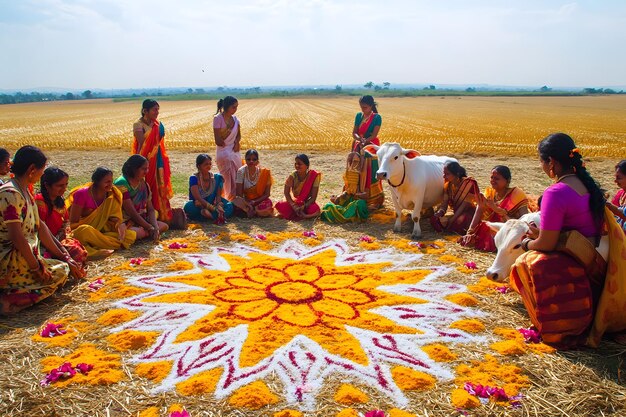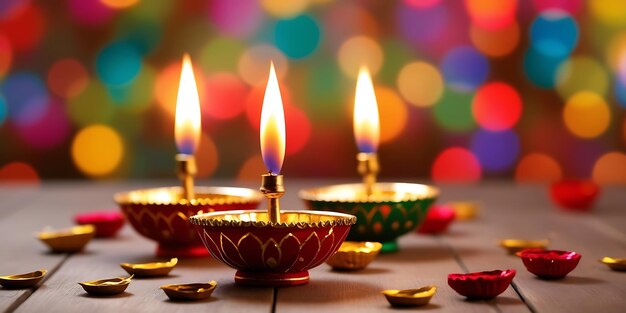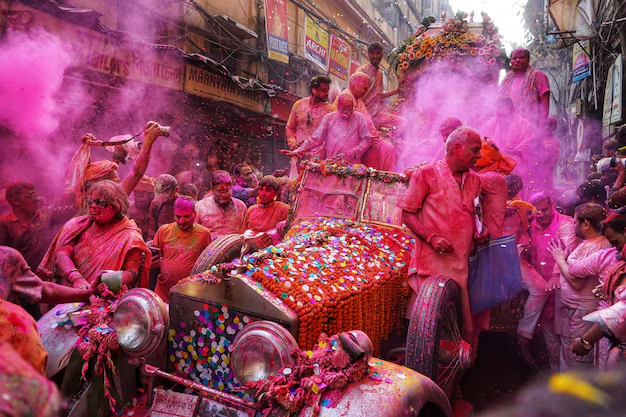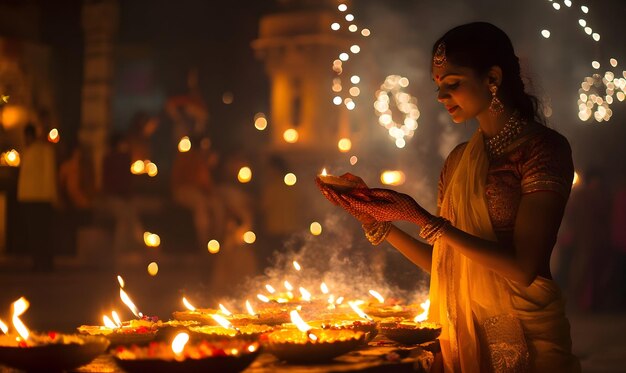
Festivals are an integral part of human culture, reflecting our diverse traditions, histories, and beliefs. They offer an opportunity for communities to come together, celebrate, and express joy, love, and gratitude. Across the globe, festivals take many forms—some religious, others cultural, and many rooted in the changing seasons. Whether it’s dancing in the streets, lighting fireworks, or indulging in special foods, each festival offers a unique window into the world’s traditions. In this article, we will take a journey through some of the most unforgettable festivals celebrated around the world, giving you a calendar of events that will ignite your curiosity and inspire your next adventure.
1. New Year’s Eve – Global Celebration
While every country has its own New Year’s traditions, New Year’s Eve is a celebration that spans the globe. From Times Square in New York City to the grand fireworks display over Sydney Harbour, people around the world celebrate the end of one year and the beginning of the next with exuberance. In Spain, it’s customary to eat twelve grapes at midnight, each one symbolizing good luck for the coming month. In Japan, the New Year is marked with peaceful temple visits, while in Brazil, revelers dress in white and head to the beach for a night of samba, fireworks, and spiritual offerings to the sea goddess, Iemanjá.
2. Diwali – India
Diwali, the Festival of Lights, is one of the most widely celebrated festivals in India and among Hindu communities around the world. Diwali symbolizes the victory of light over darkness, good over evil, and knowledge over ignorance. During Diwali, families decorate their homes with oil lamps (diyas) and candles, partake in delicious feasts, exchange gifts, and set off fireworks. The festival lasts for five days, with each day dedicated to different deities and customs. It’s an occasion of joy, optimism, and renewal.
3. Carnival – Brazil
Carnival is an annual festival in Brazil that attracts millions of people from around the world. It’s a vibrant and colorful celebration that takes place in the lead-up to Lent. Known for its energetic samba parades, dazzling costumes, and exuberant street parties, Carnival is an explosion of music, dance, and culture. The most famous Carnival celebrations happen in Rio de Janeiro, where the Sambadrome hosts spectacular parades by samba schools. The streets of Salvador and São Paulo also come alive with endless music and dancing.
4. Oktoberfest – Germany
Oktoberfest is the world’s largest beer festival, held annually in Munich, Germany. What started in 1810 as a royal wedding celebration has evolved into a 16- to 18-day festival drawing millions of visitors each year. People from around the world come to Oktoberfest to enjoy a variety of German beers, traditional Bavarian foods, lively music, and, of course, the iconic beer tents. The festival is steeped in Bavarian tradition, with attendees often wearing lederhosen (leather shorts) and dirndls (traditional dresses), adding to the charm and authenticity of the experience.
5. Chinese New Year – China and Worldwide
Chinese New Year, also known as the Spring Festival, is one of the most important celebrations in China and other East Asian countries. This festival marks the beginning of the lunar new year, and each year is associated with one of the twelve zodiac animals. Celebrations include family reunions, large feasts, dragon and lion dances, red envelopes filled with money for luck, and spectacular fireworks displays. Homes and streets are decorated with red lanterns, symbolizing prosperity and happiness. Parades and festivals are held in Chinatowns around the world, making Chinese New Year a global celebration.
6. Songkran – Thailand
Songkran, the Thai New Year festival, is a celebration of renewal, cleansing, and good fortune. Held annually in April, Songkran is best known for its massive water fights in the streets. During this festival, people pour water on each other as a symbol of washing away bad luck and misfortune. People also visit temples, offer prayers, and make donations. The streets of cities like Bangkok and Chiang Mai turn into wild water battlegrounds where locals and tourists alike drench one another with water guns, hoses, and buckets in a fun-filled, spirited celebration.
7. St. Patrick’s Day – Ireland
St. Patrick’s Day, celebrated on March 17th, honors Ireland’s patron saint, St. Patrick. The day is marked by parades, wearing green attire, and public festivals. In Ireland, the day includes religious services, while in cities around the world, including New York and Chicago, people take to the streets in celebration. The iconic clover leaf symbolizes good luck, and festivities often feature Irish dancing, music, and traditional dishes like corned beef and cabbage.
FAQs about Festivals Around the Globe
1. What are some of the biggest festivals in the world? Some of the biggest festivals include Carnival in Brazil, Diwali in India, Oktoberfest in Germany, Chinese New Year in China, and New Year’s Eve celebrations globally.
2. Are festivals only for religious reasons? No, festivals can be religious, cultural, or seasonal. Some are based on historical events, harvest cycles, or even the celebration of a new year.
3. Why are festivals important? Festivals provide an opportunity for communities to come together, celebrate their culture, and preserve traditions. They also promote unity, joy, and cultural exchange.
4. Can anyone participate in festivals around the world? Many festivals are open to both locals and tourists. Some festivals, like Carnival in Brazil or Oktoberfest in Germany, attract global visitors, while others may require understanding of specific traditions.
5. What is the significance of fireworks during festivals? Fireworks are often used during festivals to signify the triumph of good over evil, celebrate a new year, or symbolize joy and celebration.
6. How long do most festivals last? The duration of a festival depends on the tradition. Some festivals last a single day, while others, like Diwali and Chinese New Year, can last several days.
7. What should I wear to a festival? The attire varies depending on the festival. Some, like Oktoberfest, have traditional clothing, while others are more casual. Always check ahead to understand the cultural significance of the clothing.
Conclusion
Festivals are a celebration of human culture, creativity, and shared experiences. From the vibrant parades of Brazil’s Carnival to the spiritual beauty of India’s Diwali, each festival offers a glimpse into the heart and soul of a community. These events not only serve as a way to commemorate important cultural or religious milestones but also as a way for people to come together, renew bonds, and create lasting memories. Whether you’re planning to travel or simply want to learn more about these global celebrations, the festivals around the world are sure to leave you with a sense of wonder and appreciation for the diversity of our planet.
Key Takeaway
Festivals around the world are much more than just events; they are an embodiment of culture, joy, and unity. By experiencing them, we get to learn about different traditions, history, and values that shape communities globally. So, whether you’re indulging in delicious foods at Oktoberfest, dancing in the streets during Carnival, or marveling at the lights during Diwali, remember that these celebrations are reminders of the power of culture to bring us all together.



